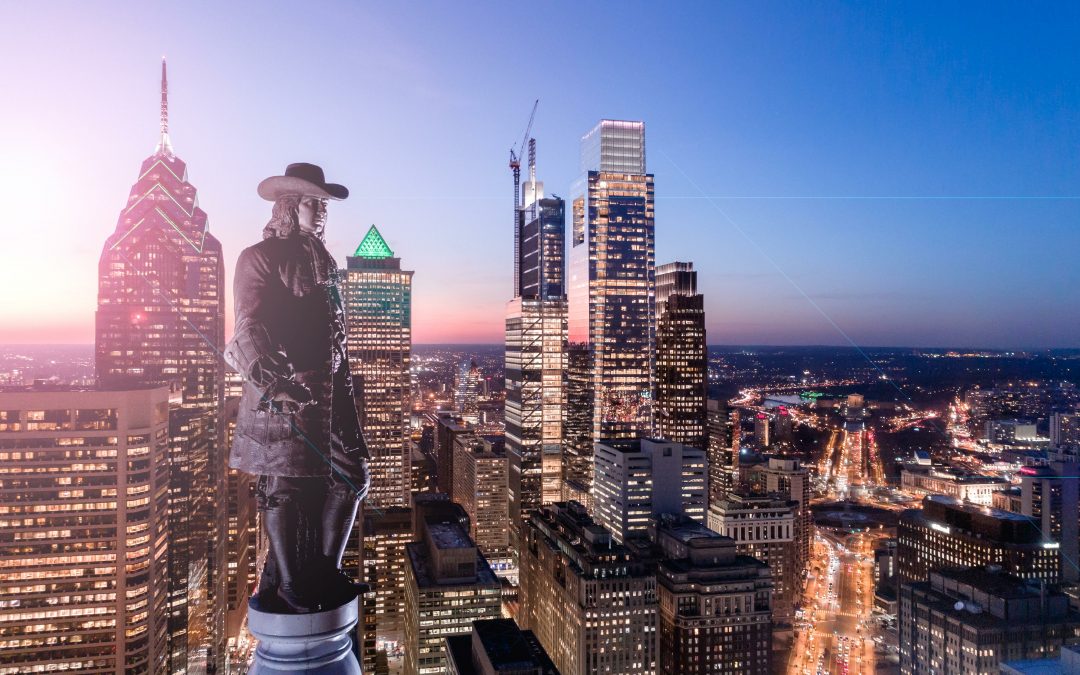Philadelphia is the latest major U.S. city capping fees and placing new restrictions on third-party delivery services. Signed by Mayor Jim Kenney and effective immediately, the new bill limits delivery fees, mandates that fees must be transparent to customers and that third-party providers can no longer list restaurants on their platform without explicit, written consent.
Philadelphia’s Bill No. 200344 contains five explicit restrictions on delivery providers operating within the sixth largest U.S. city, with a population of more than 1.5 million people inside its municipal boundaries. It was signed into law on July 27.
After defining foodservice establishments, delivery fees and third-party delivery services, the body of the bill calls for restrictions on third-party providers from using “the likeness, registered trademark, any intellectual property” belonging to any restaurant or foodservice establishment without obtaining written consent.
In addition, any such use must be accompanied by a prominent disclaimer saying, “This third-party food delivery service is not an authorized delivery service for this restaurant. This third-party food delivery service does not have an agreement to deliver for this restaurant. Please contact the restaurant directly to obtain up-to-date information on menu items.”
The text also includes a commission disclosure requirement where third-party delivery providers must outline “in plain and simple language and in a conspicuous manner, any commission, fee or other monetary payment imposed by the third-party delivery service on the foodservice establishment in connection with the foodservice establishment utilizing the third-party delivery service.” It also adds that the disclosure must be made before the transaction occurs, presumably giving the customer the chance to opt out.
This new law also requires third-party delivery services to disclose “a good-faith estimate of the commission” as a dollar amount or a percentage based on the “most recent” payouts. Additional restrictions include making it unlawful “for third-party food delivery services to charge foodservice establishments a delivery fee per online order for the use of their service greater than 5 percent of the purchase price” of each online order.
There are additional restrictions on maintaining payments to delivery drivers, as well as the stipulation that most, but not all, requirements apply only during a declared public health emergency.
Local media coverage included statements from Philadelphia restaurateurs discussing the burden of high delivery fees, and several who were upset to find out their restaurants were listed on delivery platforms without their consent.
In a statement to Philadelphia’s KYW Newsradio, DoorDash said it was “committed to supporting delivery workers and restaurants during this critical time, which is why we’ve provided over $120 million in commission relief and marketing investments and cut commissions in half for more than 150,000 restaurants, giving them the additional revenue they need to survive”
Thinking of health-related disclosures on packs of cigarettes, perhaps the next city restricting delivery operations could include a picture of an unhappy restaurant owner or an unhappy delivery customer for added impact.
Click here to read the full text of the bill.


